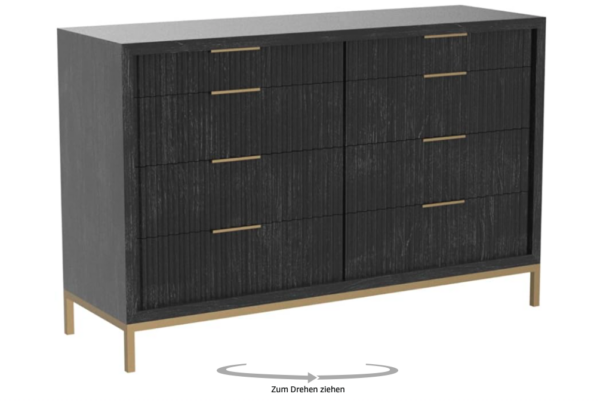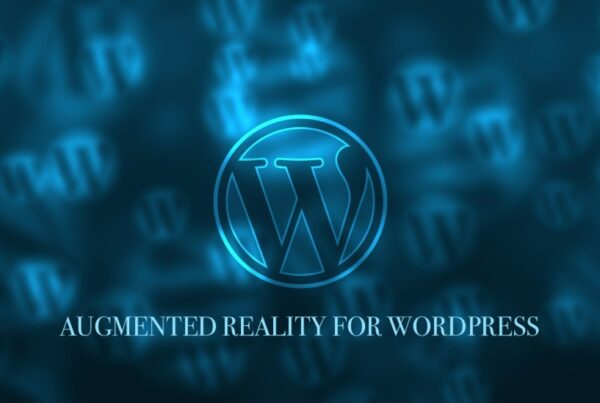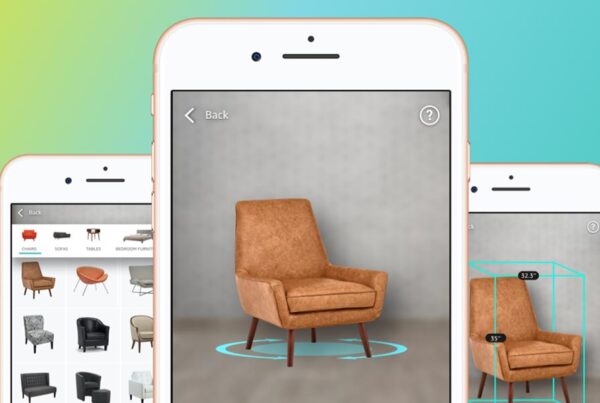In our experience, many companies shy away from introducing augmented reality. The myth that augmented reality costs are high and only companies like Amazon invest still exists. But that’s history: thanks to AR, companies of all sizes can create their own virtual experiences for as little as €19.00 without an app. In this short and snappy blog, we take a close look at AR costs.
Costs for 3D modelling in augmented reality
Companies use AR technologies to create innovative and immersive experiences for their customers. Whether it’s improving the shopping experience in the retail sector, optimising training processes in industry or providing engaging entertainment content in the gaming world, 3D modelling plays a crucial role in the implementation of these AR applications.
Why is 3D modelling important in augmented reality?
3D modelling is the backbone of every AR application. It makes it possible to integrate real objects or virtual elements into the physical world in such a way that they interact seamlessly with each other. These models are three-dimensional and can be viewed from different angles, creating an impressive spatial experience. Whether it’s placing virtual furniture in a room, displaying technical information about a physical product or playing AR games in the real environment – these applications would be unthinkable without 3D models.
The cost of 3D
Creating high-quality 3D models requires specialised skills and technologies that not only take up time, but also financial resources. Here are some important factors that influence the cost of 3D modelling in augmented reality:
1. complexity of the modelsa
The more complex the 3D model is, the more time and effort is required to create it. Models of simpler objects such as cubes or spheres are generally more cost-effective than highly detailed models of real products or complex scenarios.
2. experience of the designers
Experienced 3D designers have a deep understanding of modelling techniques and can work more efficiently. However, their services can be more expensive than those of less experienced designers.
3. software and hardware
The costs for software licences and high-performance hardware for creating models must be taken into account. Specialised software can be expensive, but it is often essential for creating high-quality models.
4. texturing and animation
If 3D models require textures or animations, the costs increase further. However, these additional elements can significantly improve the experience of the AR application.
5. number of models
The total cost also depends on the number of models required. The more models, the cheaper it gets.
Price examples from Mazing
At Mazing, we not only use designers but also artificial intelligence. This saves the designers work and also makes thousands of models affordable for our customers. Here are some examples:
Complexity 1 (e.g. carpet, mural): €0.00 (100% AI)
Complexity 2 (e.g. table, sofa): €50.00 – 150.00
Complexity 3 (e.g. garden shed, pram): €200.00 – 350.00
Complexity 4 (e.g. industrial machine, car): €500.00+
Types of AR and its costs
The world of augmented reality (AR) is diverse and ranges from simple smartphone apps to highly complex industrial AR solutions. Augmented reality costs can vary greatly depending on the type of AR and the requirements of your project.
1. app AR costs
App-based augmented reality (AR), which many people know from Pokemon Go, uses smartphones and tablets for AR experiences. Costs vary depending on complexity; simple AR apps are cheaper, while more sophisticated applications are more expensive.
In eCommerce, for example, you have to calculate around €40,000 for an AR app, whereby 3D models are not yet included here. App AR is generally no longer recommended today. Here you can find more information about Web AR and App AR.
2. web AR costs
Web-based AR enables AR in the web browser, which is user-friendly. Web AR is not only the most practical type of virtual experience for the user, but also the most favourable for the company. Web AR platforms such as Mazing are usually based on monthly subscriptions, which are available from €29.00. Here is an overview of the Mazing AR prices.
3. virtual try-on costs
Virtual Try-On in fashion and cosmetics allows virtual try-ons. The costs depend on the industry and product, but high-quality 3D models and image processing are often necessary.
The monthly AR costs are often dependent on calls, as each “try-on” generates server load. Here too, Mazing has low-cost subscriptions for every size of company, ranging from e.g. €29.00 for 1000 views to €790.0 for 30,000 views for shoes. Trying on glasses virtually is even cheaper.
4. costs for industrial AR applications
Industrial AR optimises processes in various industries. Costs can be high due to specific requirements and integrations into existing systems, but are often justified by efficiency gains. Additional hardware is also often required here, such as the Microsoft Hololens, which costs from €3,000.00 per pair of glasses.
5. costs for AR games
AR games combine the real world with the gaming experience. The costs vary depending on the complexity of the game, graphics quality and interactions, but offer high user loyalty and revenue opportunities through in-app purchases or advertising. As a rule, web-based AR games start at a few thousand euros, while app-based games can cost up to 6 figures.
For which companies does AR make sense?
In eCommerce, the calculation is simple, as Web AR achieves a higher conversion rate of 30% on average.
An example calculation, e.g. table lamp XYZ
Creation costs: €150.00
Monthly costs: €2.00
Turnover table lamp XYZ without AR: €1,000.00
Profit (20%): €200.00
Turnover table lamp XYZ with AR: €1,300.00
Profit from Uplift: €60.00
ROI within 3 months
Our recommendation: AR makes sense as soon as the turnover of a product amounts to €1,000.00 per month.





